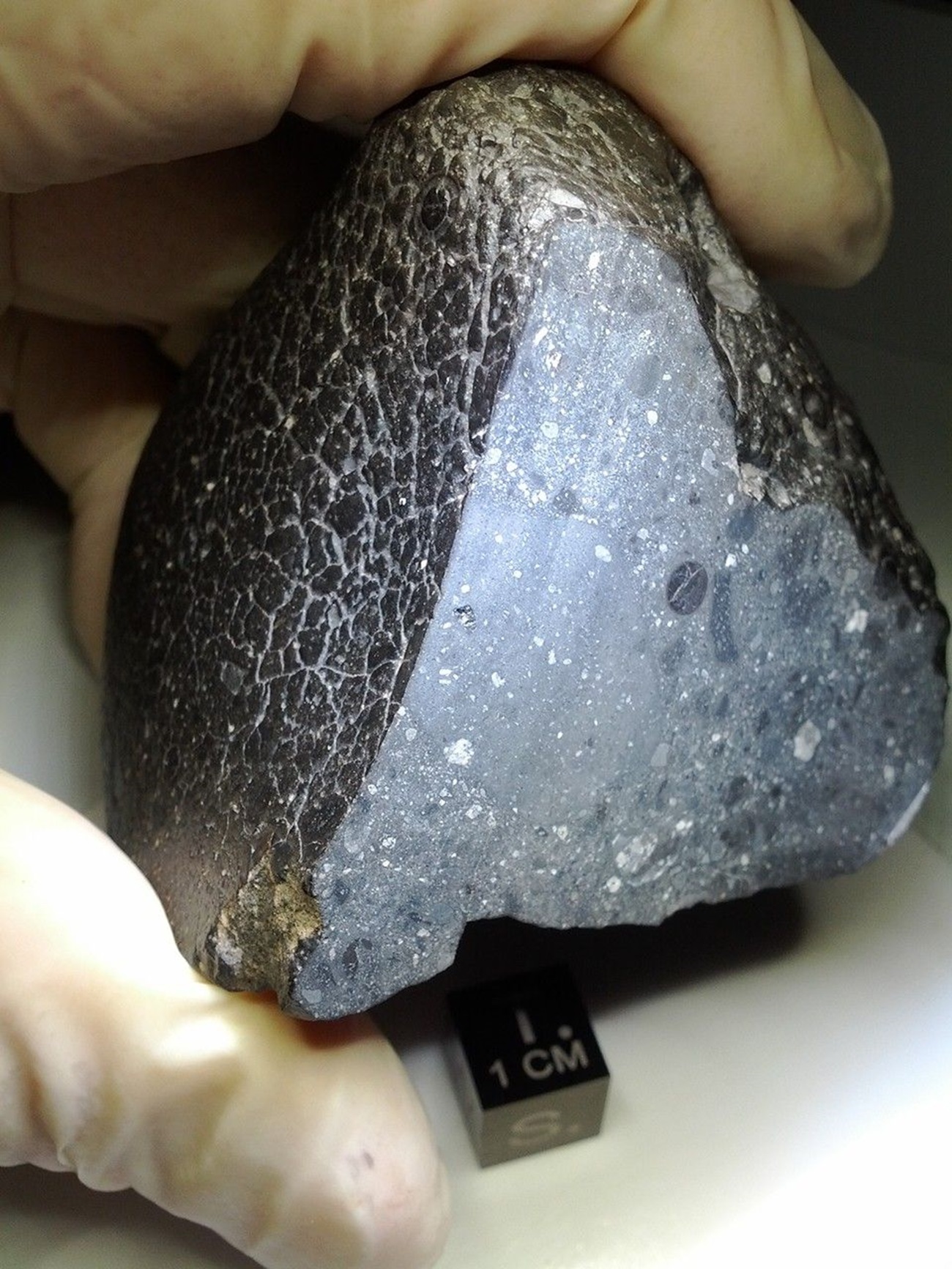President-elect Donald Trump's promise to end birthright citizenship will likely be defeated by a legal case that is over 120 years old, according to a law professor.
In 1898, United States v. Wong Kim Ark established that people born in the U.S. are entitled to citizenship, even if their parents are not. The case involved a man born in the U.S. to Chinese parents.
Trump has vowed to end birthright citizenship soon as soon as he is inaugurated in January. "On Day One of my new term in office, I will sign an executive order making clear to federal agencies that under the correct interpretation of the law, going forward, the future children of illegal immigrants will not receive automatic U.S. citizenship," Trump said in a May 2023 campaign video.
But Leti Volpp, law professor at UC Berkeley, said in an interview with San Francisco-based radio station KQED: "We have a legal system which is based on precedent. In the case of Wong Kim Ark ... there has been no chipping away at precedent through other decisions."
Newsweek sought email comment on Monday from the Trump transition team.

But Trump and his team do not share that interpretation of the law. In October, 60 Minutes correspondent Cecilia Vega asked Trump's pick for border czar, Tom Homan: "Is there a way to carry out mass deportation without separating families?"
"Of course there is," Homan said. "Families can be deported together."
Later in the interview, Vega asked: "Why should a child who is an American citizen have to pack up and move to a country that they don't know?" Homan said: "Because their parent absolutely entered the country illegally, had a child knowing he was in the country illegally. So he created that crisis."
Trump-appointed judge, James C. Ho, who has been tipped for a possible Supreme Court position, has said that citizenship should not apply to some people born in the U.S. He told Reason magazine on November 11 that "invading aliens" should not be automatically entitled to citizenship.
"Birthright citizenship obviously doesn't apply in case of war or invasion. No one to my knowledge has ever argued that the children of invading aliens are entitled to birthright citizenship," he said. He also suggested it might not apply to the children who come to the U.S. to commit acts of terror, who should have less rights than the children of invading armies.
"It's like the debate over unlawful combatants after 9/11. Everyone agrees that birthright citizenship doesn't apply to the children of lawful combatants. And it's hard to see anyone arguing that unlawful combatants should be treated more favorably than lawful combatants," he said.
Ho said the children of ordinary immigrants are entitled to citizenship.
"Anyone who reads my prior writings on these topics should see a direct connection between birthright citizenship and invasion. Birthright citizenship is supported by various Supreme Court opinions, both unanimous and separate opinions involving Justices Scalia, Thomas, Alito, and others," he said.
The meaning of invasion has not been fully defined by the courts. Texas governor, Greg Abbott, has suggested in legal papers this year that he be allowed to override federal law and place special barriers along the Texas-Mexico border.
He said he could do this because mass immigration should be considered a foreign invasion.
Volpp told KQED she was "skeptical that courts would agree that immigrants can somehow be characterized as an 'invading army'," as immigrants are "are not immune from prosecution" if they commit crimes in the U.S.
According to the National Constitution Center, the Wong Kim Ark case addressed the meaning of the 14th amendment, which states that "all persons born or naturalized in the United States, and subject to the jurisdiction thereof, are citizens of the United States and of the State wherein they reside."
The National Constitution Center states that Wong Kim Ark was born in San Francisco to parents who were both Chinese citizens.
"At age 21, he took a trip to China to visit his parents. When he returned to the United States, he was denied entry on the ground that he was not a U.S. citizen. In a 6-to-2 decision, the Court ruled in favor of Wong Kim Ark. Because he was born in the United States and his parents were not 'employed in any diplomatic or official capacity under the Emperor of China,' the Citizenship Clause of the Fourteenth Amendment automatically made him a U.S. citizen," the Center states on its website.



















 English (US) ·
English (US) ·